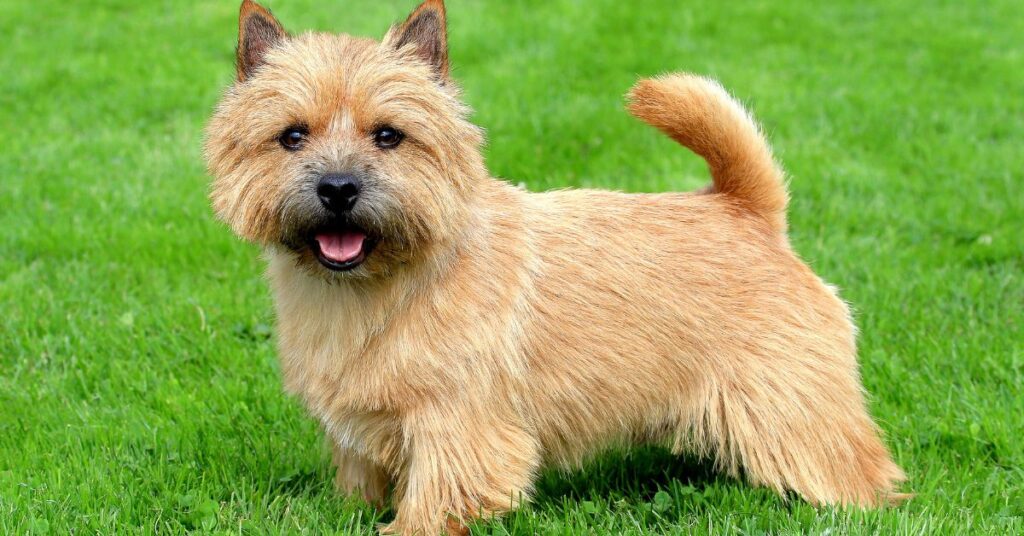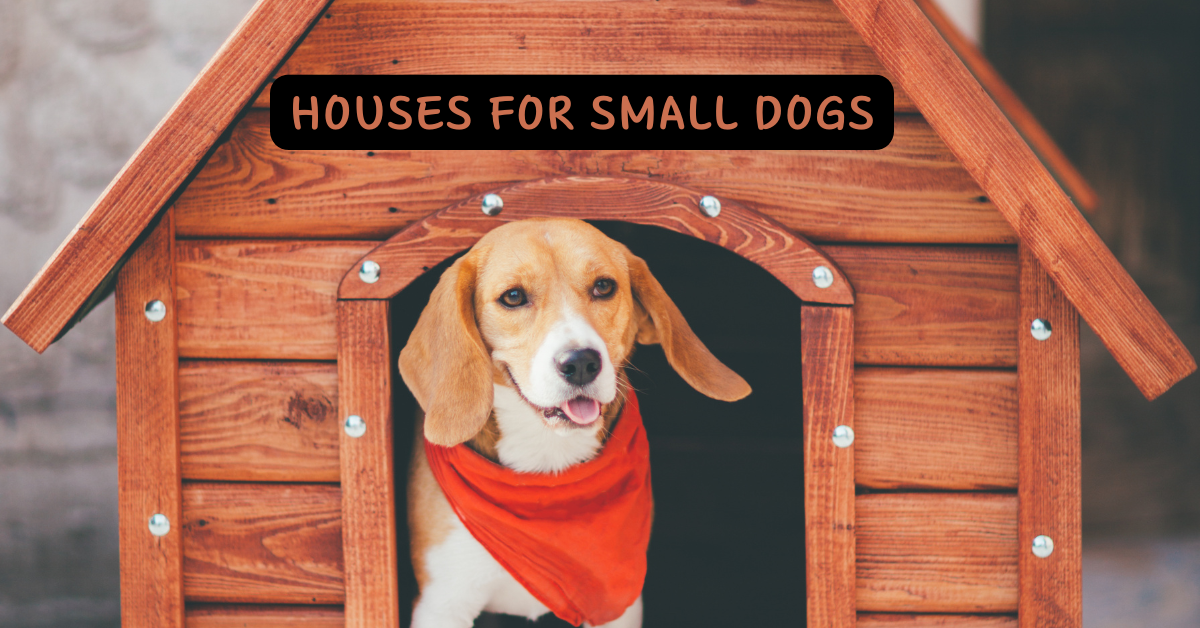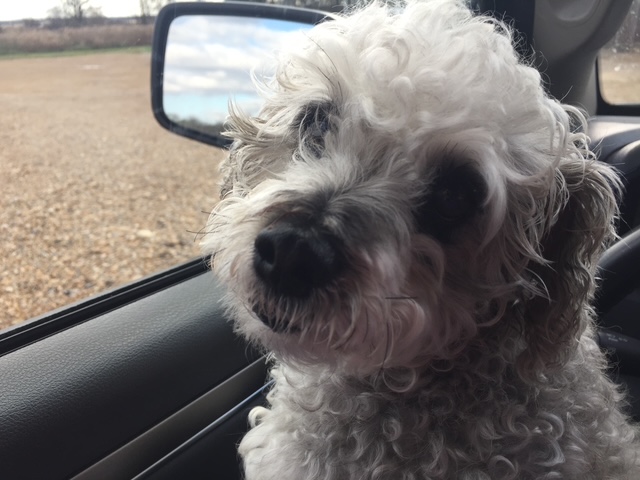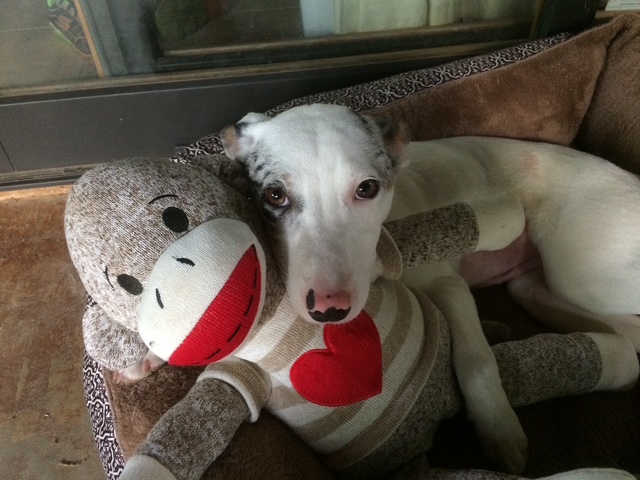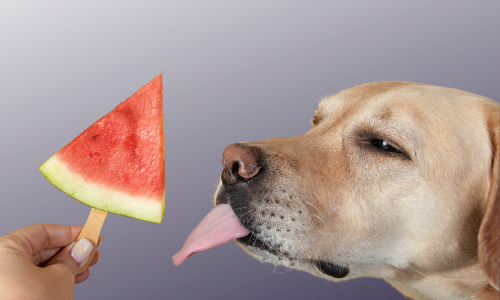The Norwich Terrier is a small but mighty breed known for its lively personality and fearless nature. Despite its small size, the Norwich Terrier is full of energy and makes an excellent companion for active individuals and families. Originally bred to hunt vermin, this breed is known for its tenacity and strong prey drive.
*Disclaimer: This Post May Contain Affiliate Links. This Means That I Receive A Small Commission At No Extra Cost To You Should You Click Through And Make A Purchase. Learn More On My Policy Page
Breed Characteristics
- Breed Category: Terrier Group
- Size: Small
- Coat Length: Medium; wiry and weather-resistant
- Shedding: Moderate
- Hypoallergenic: No
- Grooming Requirements: Moderate; regular brushing and occasional trimming needed
- Life Span: 12-15 years
- Activity Level: High
- Temperament/Personality: Fearless, affectionate, and curious
- Intelligence: High
- Trainability: High; responds well to training
- Space Requirement: Small; adaptable to apartment living
- Compatibility with Children & Other Pets: Good with proper socialization
- Health Issues: Prone to hip dysplasia, eye problems, and patellar luxation
- Nutrition Needs: High-quality diet with balanced nutrients
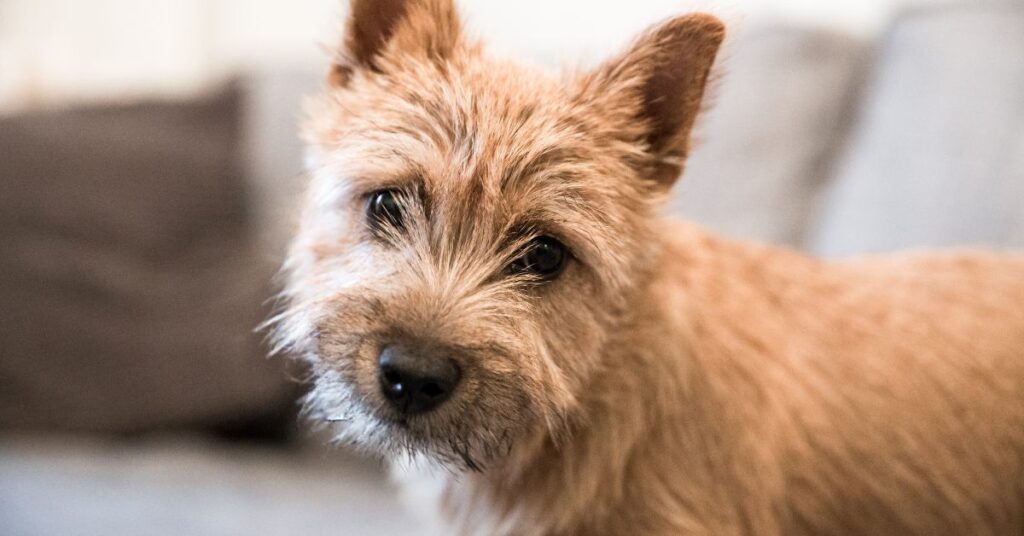
Origin and History
The Norwich Terrier originated in England in the late 19th century and was primarily used for hunting vermin such as rats and foxes. The breed’s small size and tenacious nature made it an excellent ratter, and it quickly became popular among hunters and farmers. The Norwich Terrier shares its history with the Norfolk Terrier, with the main difference being the shape of their ears; Norwich Terriers have erect ears, while Norfolk Terriers have dropped ears. The breed was officially recognized by the American Kennel Club (AKC) in 1936.
Appearance and Physical Characteristics
The Norwich Terrier is a small, sturdy dog, typically weighing between 10 to 12 pounds and standing 10 inches tall at the shoulder. It has a compact and muscular build, with a wiry, weather-resistant coat that comes in shades of red, wheaten, black and tan, or grizzle. The breed’s most distinctive feature is its erect ears, which give it an alert and lively expression. Norwich Terriers have a foxy face with dark, expressive eyes and a slight arch to their back.
Temperament and Personality
Norwich Terriers are known for their fearless, affectionate, and curious nature. Despite their small size, they have a big personality and are always ready for an adventure. They are highly social dogs that thrive on interaction with their owners and enjoy being part of the family. Norwich Terriers are also known for their strong prey drive, which can make them a bit too interested in small animals. However, with proper socialization, they can get along well with other pets. They are generally good with children, but their energetic nature means they may not be suitable for very young kids.
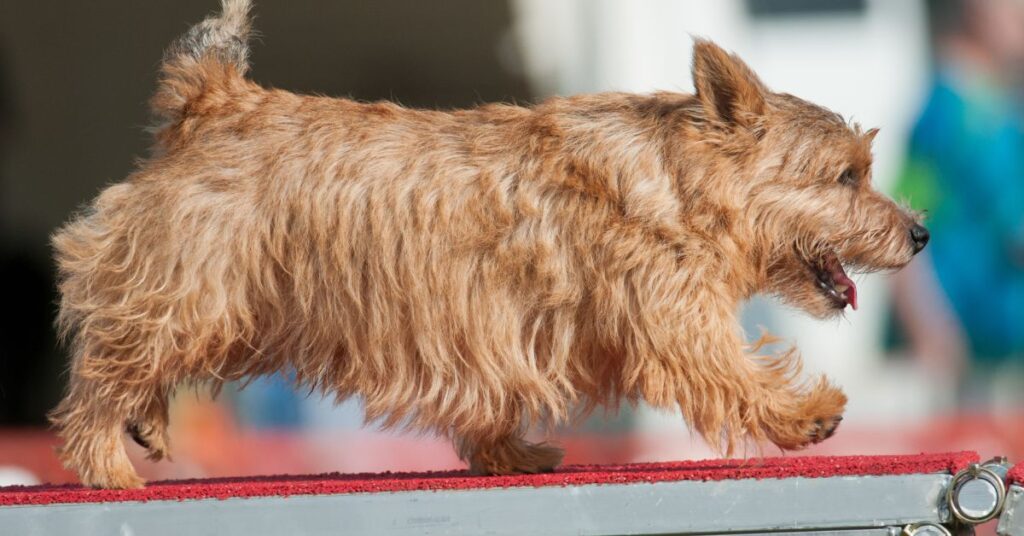
Intelligence and Trainability
The Norwich Terrier is an intelligent and eager-to-please breed that responds well to training. They are quick learners and enjoy the mental stimulation that training provides. Positive reinforcement techniques work best with this breed, as they are sensitive dogs that respond well to encouragement. Due to their strong prey drive, early training and socialization are essential to help them develop good manners and prevent them from chasing small animals.
Compatibility with Children and Other Pets
With proper socialization, Norwich Terriers can be great companions for children and other pets. They are generally friendly and outgoing, but their strong prey drive means they may need supervision around small animals. Norwich Terriers are also known for their energetic nature, so they are best suited to families with older children who can match their activity levels.
Health and Nutrition
Norwich Terriers are generally healthy dogs, but like all breeds, they can be prone to certain health issues. Common problems include hip dysplasia, eye conditions, and patellar luxation. Regular veterinary check-ups and a balanced diet are essential for maintaining their health. A high-quality diet with the right balance of protein, fats, and carbohydrates will help keep them in good condition.
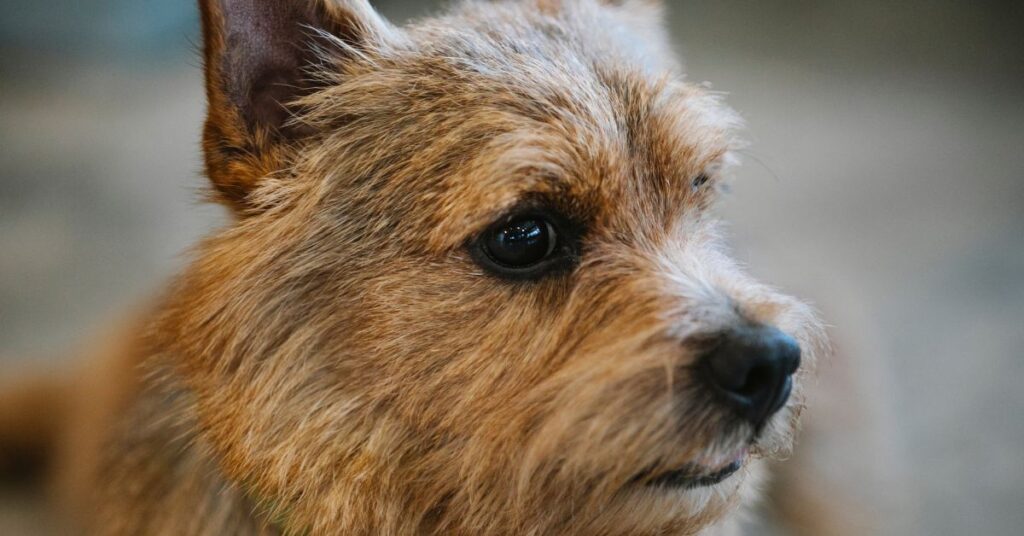
Exercise and Activity Level
Norwich Terriers are active and energetic dogs that require regular exercise to stay happy and healthy. They enjoy walks, playtime, and activities that allow them to use their natural hunting instincts. Despite their small size, they have a lot of energy and need plenty of physical and mental stimulation to prevent boredom.
Grooming Needs
The Norwich Terrier’s wiry coat requires regular grooming to keep it in good condition. Brushing several times a week will help remove loose hair and prevent matting. The coat may also need occasional trimming to maintain its shape. Regular ear cleaning, nail trimming, and dental care are also important parts of their grooming routine.
Training and Socialization
Training and socialization are important for Norwich Terriers, especially given their strong prey drive and energetic nature. Early socialization will help them become well-rounded adults, and consistent, positive reinforcement training will keep them mentally stimulated and well-behaved.
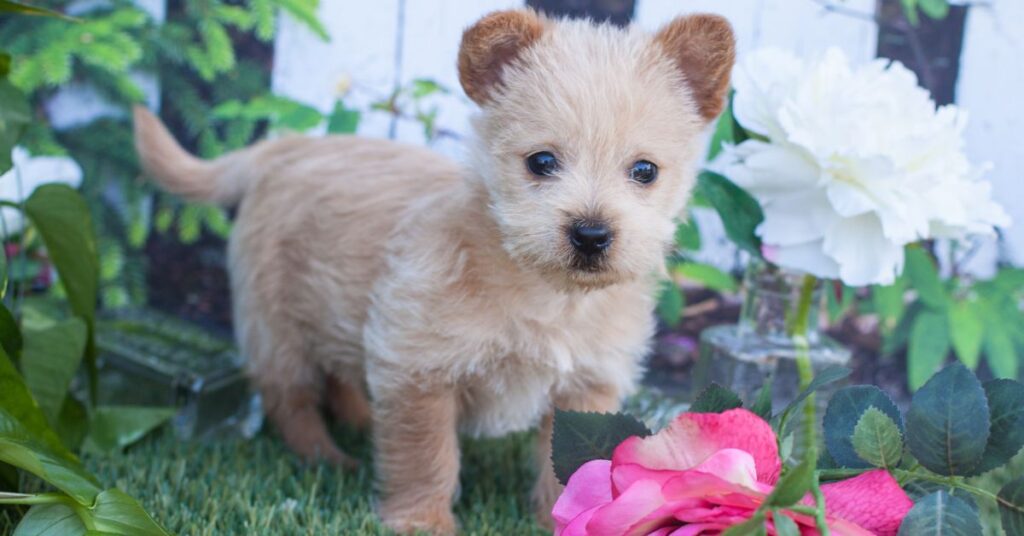
Famous Norwich Terriers
While not as widely known as some other breeds, the Norwich Terrier has made appearances in various media, including films and television. Their lively and endearing personalities make them a favorite among those who know the breed.
Conclusion
The Norwich Terrier is a small but spirited breed with a big personality. They make excellent companions for active individuals and families who can provide them with the exercise, mental stimulation, and companionship they need. With proper care, training, and socialization, Norwich Terriers can be loving and loyal members of the family, bringing joy and excitement to their owners’ lives.


